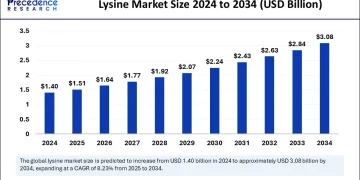In today’s fast-paced world, ensuring trust and safety in various sectors is crucial. Fraud background checks have become an essential tool for employers, financial institutions, and organizations to mitigate risks associated with fraudulent activities. This article delves into the importance, process, and benefits of fraud background checks.
What is a Fraud Background Check?
A fraud background check involves a thorough examination of an individual’s history concerning fraudulent activities. This process typically includes reviewing criminal records, financial history, employment history, and other relevant data to identify any past fraudulent behavior. Organizations utilize these checks to make informed decisions regarding hiring, lending, or partnerships.
Why Are Fraud Background Checks Important?
- Protecting Assets: Businesses face significant risks when hiring individuals with a history of fraud. By conducting fraud background checks, companies can protect their assets and reduce the likelihood of financial losses due to employee dishonesty.
- Maintaining Reputation: Organizations that fail to conduct proper background checks risk their reputation. Engaging with individuals who have a history of fraud can lead to negative publicity and loss of customer trust.
- Regulatory Compliance: Many industries, especially finance and healthcare, have regulatory requirements mandating background checks. Failing to comply can result in hefty fines and legal repercussions.
The Process of Conducting a Fraud Background Check
- Obtaining Consent: Before initiating a fraud background check, it is essential to obtain written consent from the individual. This step ensures compliance with laws governing background checks, such as the Fair Credit Reporting Act (FCRA) in the United States.
- Information Gathering: Organizations typically collect personal information such as full name, date of birth, Social Security number, and addresses to conduct the background check.
- Data Review: The collected data is then analyzed to uncover any red flags, including criminal records related to fraud, bankruptcies, or other financial discrepancies.
- Interpreting Results: Once the background check is complete, the results are evaluated. Organizations must consider the context of any findings and assess the individual’s suitability for the position or partnership.
Benefits of Conducting Fraud Background Checks
- Risk Mitigation: Fraud background checks significantly reduce the risk of financial loss due to dishonest practices. By screening potential employees or partners, organizations can make safer decisions.
- Enhanced Security: In industries such as banking or healthcare, ensuring the integrity of personnel is vital. Fraud background checks contribute to a more secure environment for customers and clients.
- Informed Decision-Making: With detailed insights into an individual’s past, organizations can make better hiring or lending decisions, leading to more reliable business practices.
Conclusion
In an era where trust is paramount, conducting a fraud background check is a proactive measure that organizations should prioritize. By understanding an individual’s history, businesses can protect themselves, their clients, and their reputations. As fraud continues to evolve, staying vigilant through comprehensive background checks is essential for any organization aiming for long-term success.










